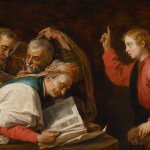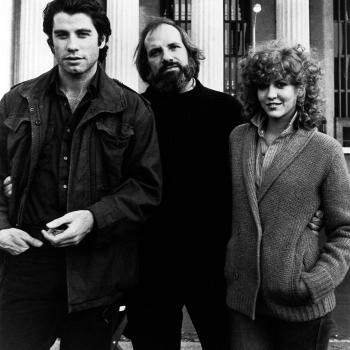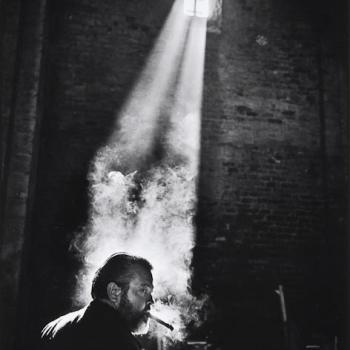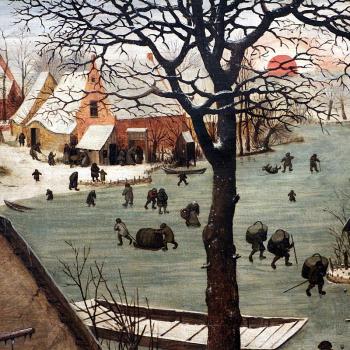In their haste to divine the moral qualities of literature, advocates of the Great Books tend to over-emphasize commonalities across periods of time (e.g. we can understand contemporary democracy by looking at the Greeks—again a sort of half-truth), and in doing so rob us of the historical differences that can actually enliven accounts of the past, that can help us discern the most integral applications of forgotten ideas. Humanism, along with the Great Books, is thus a constructed tradition, with a history no older than, say, liberalism (in its most specific sense).
But this is not to say that there is no value in some idea of canonicity. To be honest, my experience in graduate school has exposed me to the other extreme in education—a complete emphasis on a sort of trendiness that, in the end, contains the same flaw as Humanism—a misapprehension of the importance of history. Too many contemporary scholars (though not, by any stretch of the imagination, all of them) engage in critique without doing the hard work of background reading. Derrida, for example, thought that one could get at Heidegger through Hegel through Aristotle. Marx was obsessed with Shakespeare; it’s useless to think about Kant without Hume, Spinoza, and Descartes. Without a background in Plato, Aristotle, Aquinas, Hegel, Kant, and others, it’s basically impossible to do philosophical or theoretical work—a harsh reality that, frankly, makes me sound better read than I am. Whatever debates people may have about what ought to go in the canon, the fact is that the Great Books do us a service by increasing breadth of learning in a way that makes contemporary scholarship more accessible—one can be a better critic with a more robust background.
Thus I say to my fellow Catholics (and to whomever else reads this dribble somewhere deep in the crevices of the “religious” internet): the Great Books, like all things, should be approached with some caution, as not some mere reflection of authentic Christianity, but as a product of history with advantages and disadvantages, a helpmate, but not without ideological baggage that weighs one down. Perhaps we can better recover a good reason for studying the “Humanities,” if we begin by recognizing this; perhaps our reasons should have more to do with history (and the development of tradition in a broad sense) than with rigid defenses of post-medieval liberal education.













